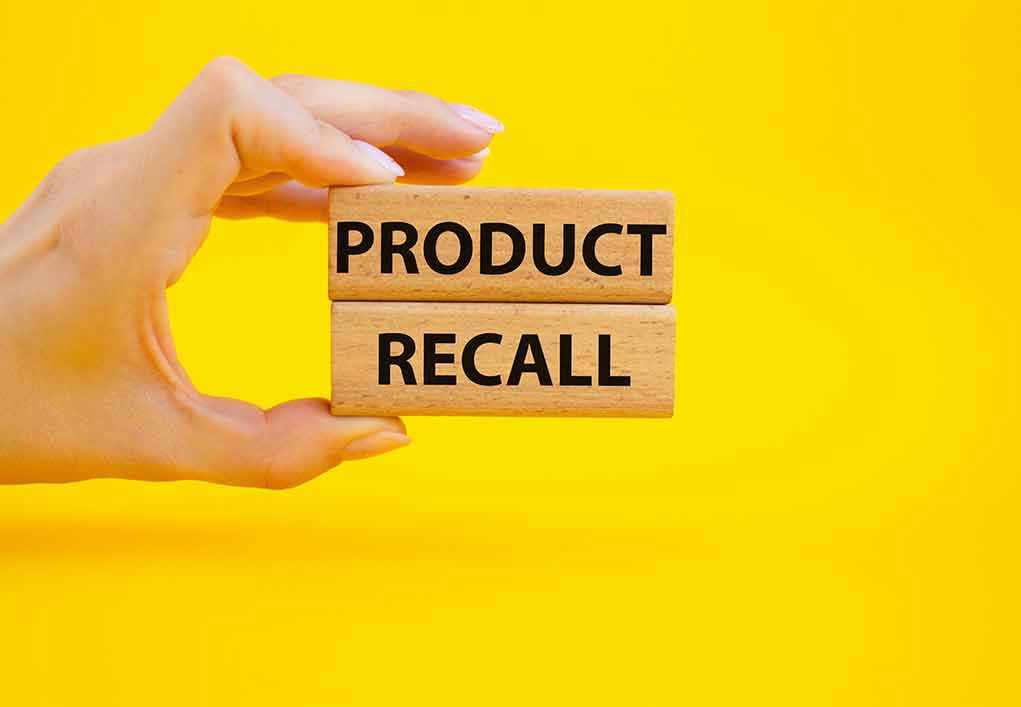
A nationwide recall of frozen spinach has just exposed how quickly your favorite healthy convenience food can turn into a silent threat lurking in your freezer.
Story Snapshot
- Sno Pac Foods and Del Mar recalled frozen spinach products nationwide due to Listeria monocytogenes contamination
- FDA announced the recall on October 7, 2025, affecting both bulk 35-pound packages and 10-ounce organic retail products
- No confirmed illnesses reported yet, but Listeria poses severe risks to pregnant women, elderly, and immunocompromised individuals
- The recall highlights ongoing challenges in frozen produce safety and the bacteria’s ability to survive freezing temperatures
The Hidden Danger in Your Frozen Foods
Listeria monocytogenes doesn’t play by the same rules as other foodborne pathogens. While most bacteria surrender to freezing temperatures, Listeria thrives in cold environments, making frozen vegetables an unexpected battleground. The FDA’s swift action against Sno Pac Foods and Del Mar reflects a sobering reality: even our most trusted healthy foods can harbor deadly threats.
FDA Announces Recall on Frozen Spinach Sold Nationwide Due to Listeria Contaminationhttps://t.co/hI2GIDqztg
— DennisTheChemist (@Former_Chemist) October 8, 2025
This recall encompasses products distributed across all 50 states, affecting both commercial food service operations receiving 35-pound bulk packages and everyday consumers purchasing 10-ounce retail bags. The scope demonstrates how quickly contaminated products can infiltrate the entire food supply chain, reaching everything from school cafeterias to family dinner tables.
Why Listeria Outsmarts Your Freezer
Unlike most pathogens that food safety relies on temperature control to eliminate, Listeria monocytogenes possesses an almost supernatural ability to survive and multiply in refrigerated and frozen conditions. This bacterial resilience explains why frozen vegetable recalls have become increasingly common, catching consumers off guard who assume freezing equals safety.
The contamination likely occurred during processing, before the spinach reached freezing temperatures. Once established, the bacteria can persist throughout the entire supply chain journey, from processing facility to your home freezer. This timeline makes detection challenging and underscores why routine testing programs remain critical for preventing widespread outbreaks.
The Vulnerable Populations at Greatest Risk
Listeriosis strikes hardest against those least equipped to fight back. Pregnant women face the devastating possibility of miscarriage, premature delivery, or severe newborn infection. Adults over 65 and individuals with compromised immune systems can develop life-threatening bloodstream infections or meningitis, with mortality rates reaching 20-30% in severe cases.
FDA Announces Recall on Frozen Spinach Sold Nationwide Due to Listeria Contamination – EatingWell https://t.co/5WFByPwbCp via @GoogleNews
— Johnnie M. Brown (@JohnnieMaeBrown) October 9, 2025
The insidious nature of Listeria infection compounds the danger. Symptoms can take up to 70 days to appear, creating a false sense of security. By the time fever, muscle aches, and gastrointestinal distress manifest, the bacteria may have already caused irreversible damage, particularly in vulnerable populations who consumed the contaminated spinach weeks earlier.
Industry Response and Consumer Protection
Food safety experts consistently emphasize that rapid recall protocols represent the industry’s most powerful tool against widespread contamination. The FDA’s October 7th announcement triggered immediate removal of affected products from retail shelves, demonstrating how regulatory oversight functions when operating effectively. However, this reactive approach reveals the limitations of our current food safety infrastructure.
Manufacturers like Sno Pac Foods and Del Mar now face the dual challenge of identifying contamination sources while managing significant financial and reputational consequences. The recall’s nationwide scope suggests systemic issues rather than isolated incidents, pointing toward potential gaps in processing facility protocols or supplier chain management that demand comprehensive investigation and remediation.
Sources:
FDA Safety Recalls, Market Withdrawals & Safety Alerts












